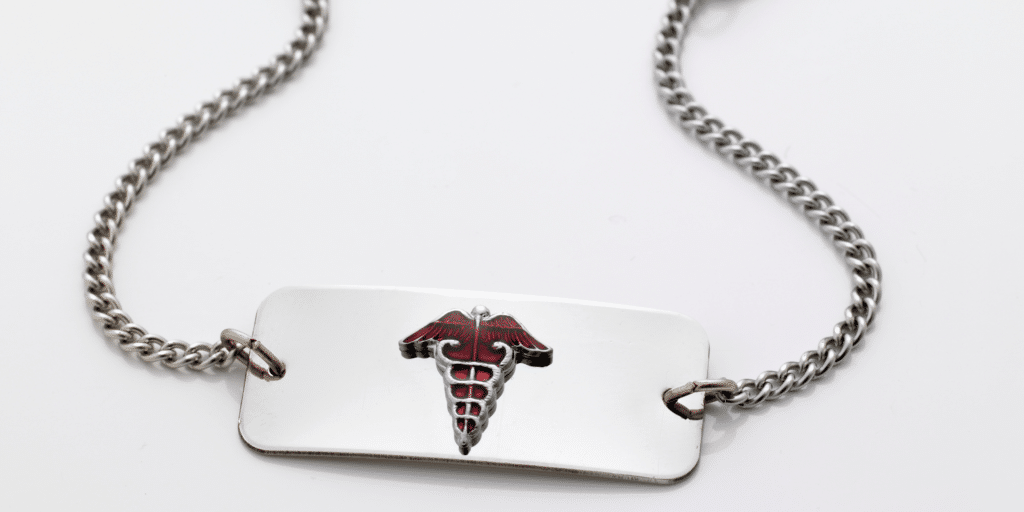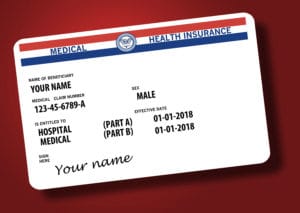Who should wear medical alert information?
Any person with:
- a medical condition that requires special attention (bleeding disorders, heart conditions, severe asthma)
- a medical condition that may render you unable to speak (epilepsy, diabetes, dementia).
- a severe allergy to food or medications.
- a medical implant device.
Why should you wear one?
In an emergency, you may be unable to communicate the details of your medical conditions, medications you take, or any severe allergies you have. Medical alert bracelets/necklaces speak on your behalf and share vital information that may be able to save your life. First response personnel will look for medical identification on your body before moving forward with treatment. They do not recognize tattoos as a form of medical ID.
Aren’t wallet cards enough?
First response personnel will most likely not search for wallets or purses in an emergency. First response personnel automatically check for a visible medical alert identification bracelet or necklace on a person’s body. Wallet cards are valuable to carry additional information that could be useful in the emergency department.
How can I get a medical alert?
Talk to your medical provider. If you have a bleeding disorder, your Hemophilia Treatment Center (HTC) will provide you with a form to receive a medic alert bracelet or necklace thru the Hemophilia Foundation of Michigan at no charge to you. If you have a bleeding disorder and are not seen at an HTC, contact the Hemophilia Foundation of Michigan (HFM) and a form will be sent to you to be completed by your health care provider and returned to HFM.



